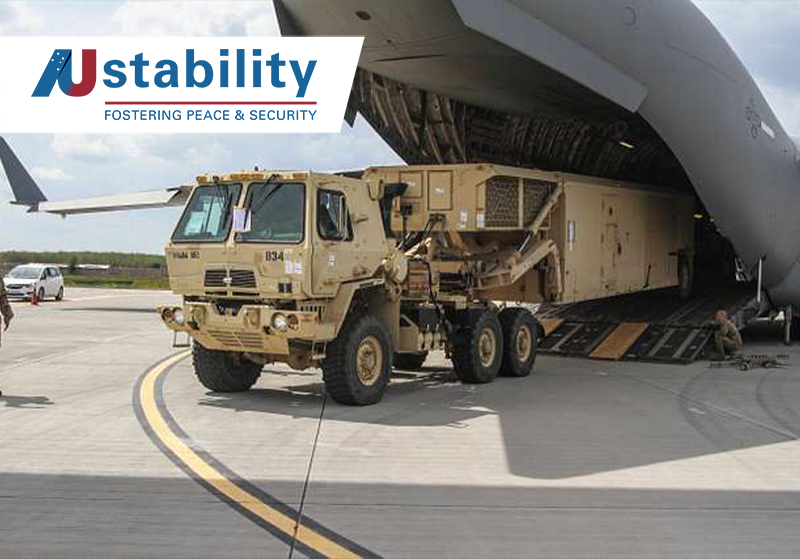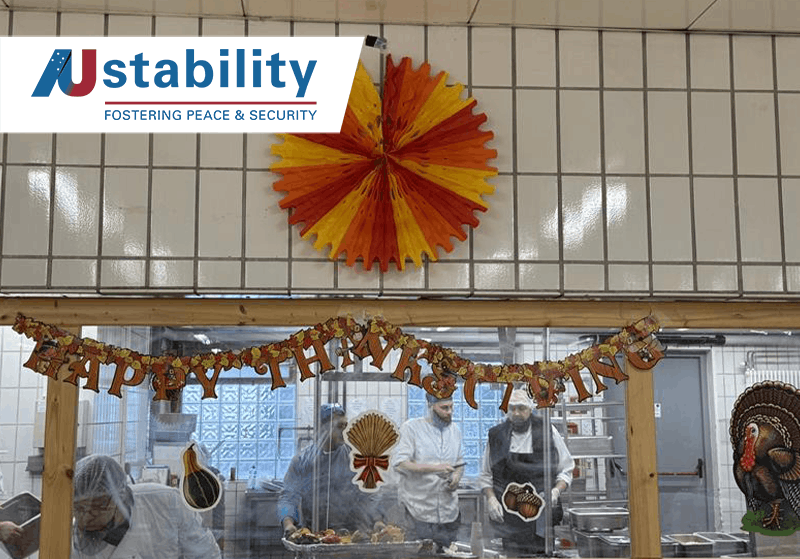Romania: NATO’s Logistics Powerhouse
Romania has emerged as a cornerstone of NATO’s eastern flank, transforming into a critical hub for logistics, sustainment, and operational readiness. This evolution reflects a broader shift in NATO’s posture toward forward defence and resilience—where infrastructure, supply chains, and partnerships matter as much as combat power.
By Huyen Lee, Director of Operations, Austability Germany
The Port of Constanța and Danube corridor have moved over 193 million tonnes of goods under the European Union’s (EU) Solidarity Lanes, ensuring Ukraine’s exports and NATO supply chains remain resilient. These routes are effectively strategic arteries for deterrence and reinforcement.
At the same time, the €2.7 billion expansion of Mihail Kogălniceanu (MK) Air Base, set to become NATO’s largest base in Europe, signals a long-term commitment to forward defence. This transformation will create ongoing demand for integrated logistics, construction, and sustainment services, reinforcing Romania’s role as a regional enabler – and the value of Austability to helping foster peace and security in the region.
At the recent ISOA NATO Conference in Bucharest, it was clear that Romania’s strategic value extends beyond ground infrastructure. The European F-16 Training Center at Fetești is now fully operational, training both Romanian and Ukrainian pilots and technicians; the Aegis Ashore site at Deveselu continues to provide a defensive shield for NATO Allies. This combined capability underscores the country’s emergence as a hub for airpower sustainment and missile defence.
NATO’s Logistics Action Plan and Regional Defence Plans are reshaping supply chains across Eastern Europe. Priorities include rail capacity, fuel distribution, medical support, and prepositioned munitions under the Multinational Ammunition Warehousing Initiative (MAWI). These initiatives demand agile, interoperable solutions that integrate host-nation support with multinational frameworks.
For companies like Austability, that are operating in this space, these developments are consistent with a shared mission: enabling operational readiness through resilient, scalable logistics and infrastructure solutions. There is a focus on delivering services that meet NATO standards, support rapid reinforcement, and adapt to evolving operational requirements—whether through base support, warehousing, or integrated supply chain management.
Finally, Romania is becoming a key element of NATO’s readiness and resilience strategy. For industry partners committed to supporting NATO and Allied operations, including Austability, this is a challenge and an opportunity: to deliver solutions that keep forces supplied, bases operational, and missions on track.




